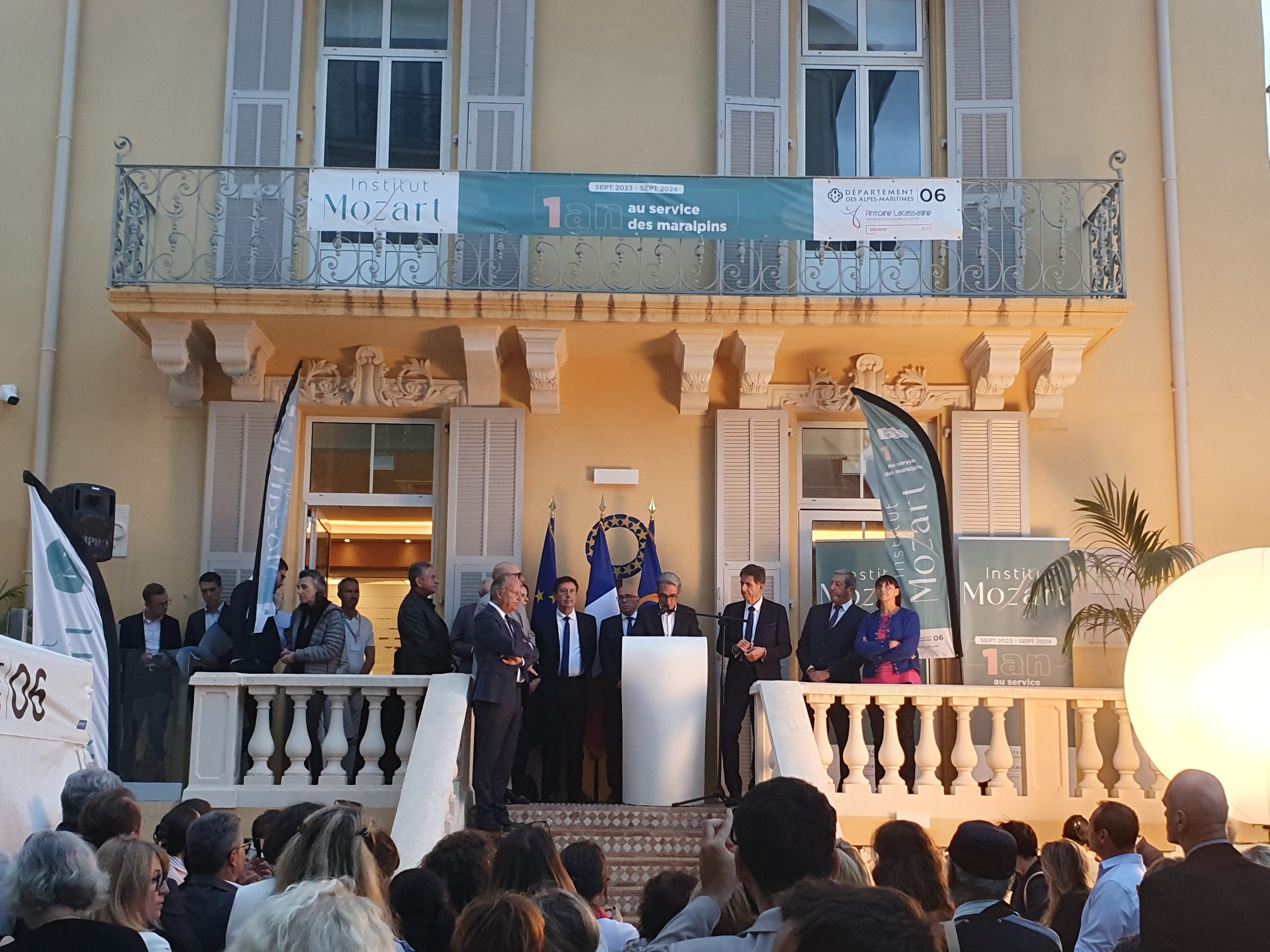The Mozart Institute, dedicated to the care of oncology patients, is celebrating its first anniversary. This occasion allows us to review the journey of a committed healthcare team, the challenges encountered, and future perspectives.
Since its opening, the Mozart Institute has been committed to providing a supportive care environment for cancer patients. Frédérique Marin, a clinical sexologist nurse, highlights the importance of collaboration among medical team members. “We are fortunate to have professionals specialized in oncology. This allows us to regularly discuss specific issues,” she explains. These exchanges are crucial for personalized support.
However, as in any organization, challenges remain. Frédérique Marin notes that “in certain specialties, practitioners, such as in socio-aesthetics, can be very much in demand.” Waiting times for appointments are sometimes long. Nevertheless, she assures that the team does its best to meet the needs of individuals. “We have many practitioners, which allows us to be responsive,” she emphasizes.
Resources to Improve for Optimal Service
In terms of material resources, Frédérique Marin remains positive. “The place is already very suitable and comfortable. Our patients are well received and made to feel confident,” she states. However, she adds that there are always improvements to consider. “We would all like to have more equipment to further optimize the care,” she notes.
This need for optimization occasionally encounters the reality of workload. The coordination between the different services, although encouraged by the management, still requires adjustments. “We could use a bit more time to communicate between practitioners,” states Frédérique Marin. Regular meetings, where all practitioners could meet, would be beneficial. However, logistics remain an obstacle due to varied schedules.
Towards Home Care: An Option to Consider
The idea of expanding services by offering home care, suggested by Dr. Barranger, elicits mixed reactions. Frédérique Marin acknowledges that this could increase the workload. “However, it addresses a real need. Patients who cannot travel often have an increased need for support,” she explains.
Home care could thereby relieve suffering patients and offer them aesthetic care at home. “It is essential to adapt our services to the needs of the patients,” she concludes, emphasizing the importance of listening and personalized support.
One year after its opening, the Mozart Institute has established itself as a key player in supporting oncology patients. Despite the challenges, the healthcare team remains committed and determined to provide quality service. The prospects for evolution, such as the integration of home care, demonstrate a willingness to adapt to the patients’ needs.


